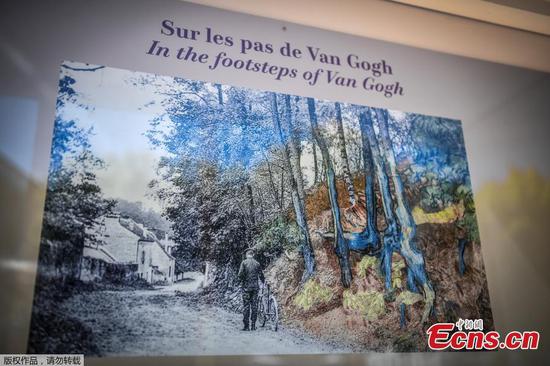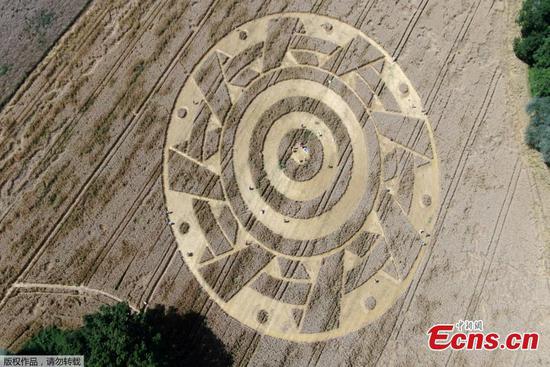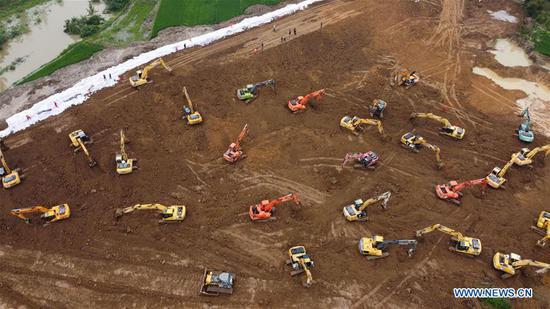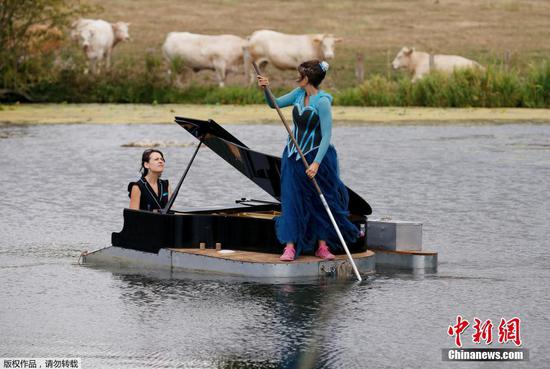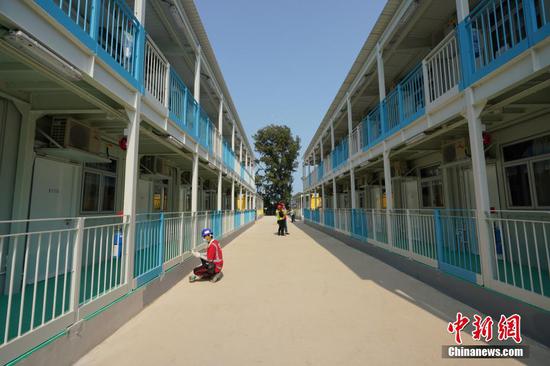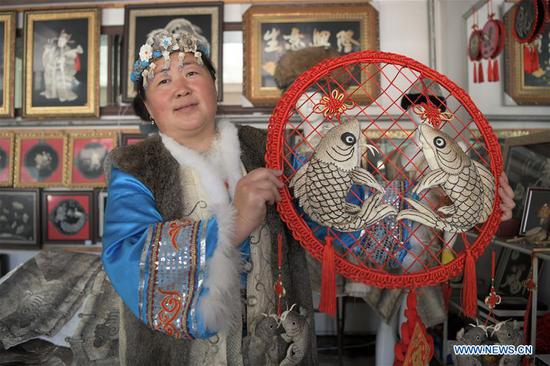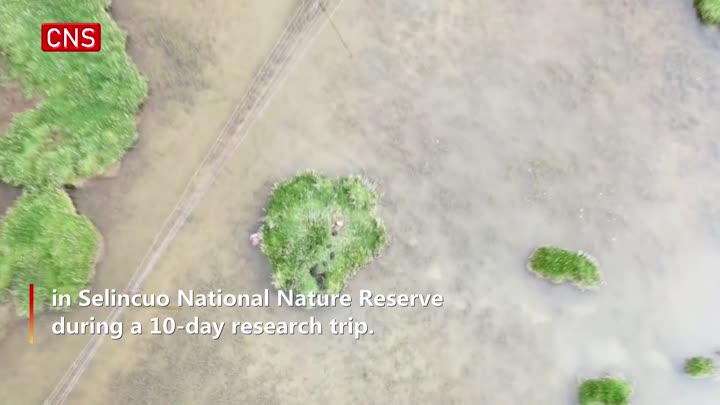Chinese archeologists announced on Tuesday that they have discovered an important site next to the Sanxingdui Ruins, which they believe to be a 5,000-year-old settlement.
A large number of potteries, porcelain and stonewares have been unearthed from the site, about eight km south of the Sanxingdui Ruins, in the city of Guanghan, southwest China's Sichuan Province.
"This is the first time that a complete sequence of ancient Shu civilization has been found around Sanxingdui," said Xin Zhonghua, an associate researcher with the Sichuan Provincial Cultural Relics and Archeology Research Institute.
The majority of relics unearthed from the settlement ruins bears the features of Sanxingdui culture, according to Xin.
"The site reflects an uninterrupted regional development history of nearly 5,000 years, which is of great significance to the study of the origin, development and evolution of the ancient Shu civilization," he said.
The Sanxingdui Ruins are believed to be remnants of the Shu Kingdom which can be dated back 2,600 years to 4,800 years. In 1988, the ruins were given state-level protection.
Listed among China's top 10 archaeological findings in the 20th century, the Sanxingdui Ruins witness the diverse origins of Chinese civilization.
The ruins were accidentally discovered by a farmer when he unearthed a bright piece of jade while digging a ditch in 1929.
Some gold masks with exaggerated designs are among the most impressive relics unearthed.
Two sacrificial pits filled with more than 1,000 national treasures, including gold masks, bronze ware, jade tablets, and ivory and sacred trees, were discovered in 1986 when workers were excavating clay for bricks.














